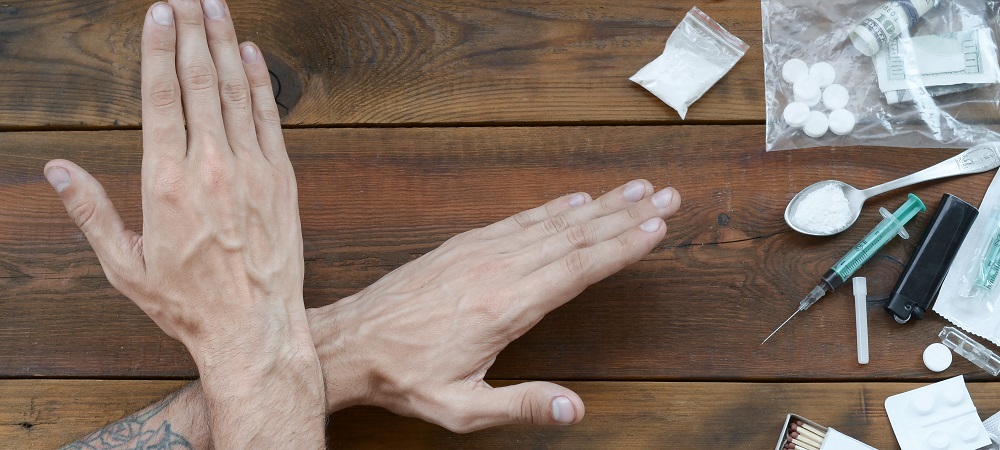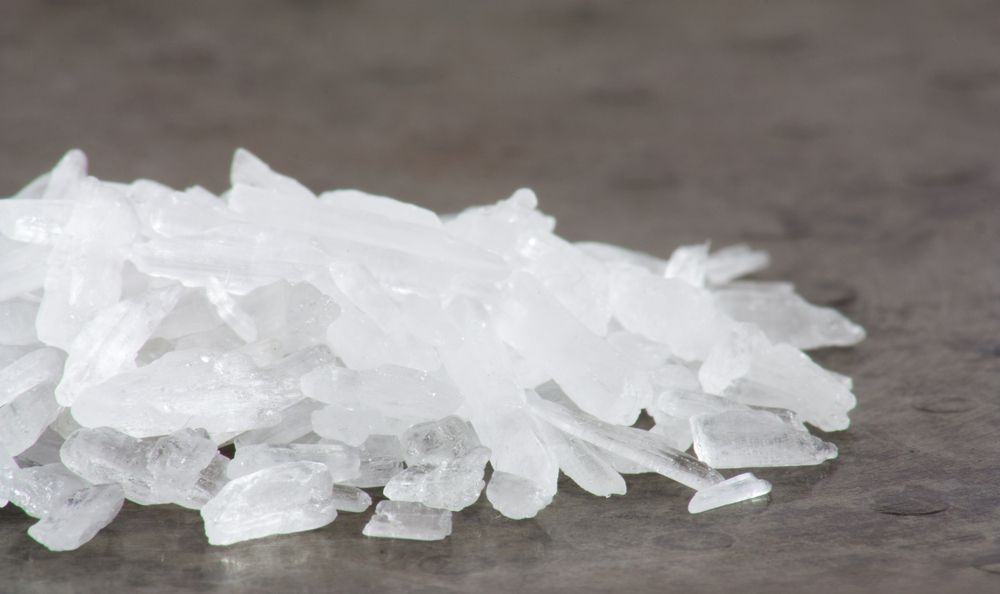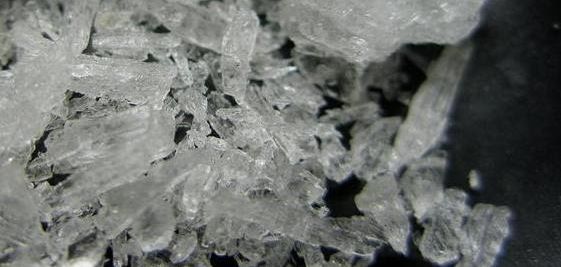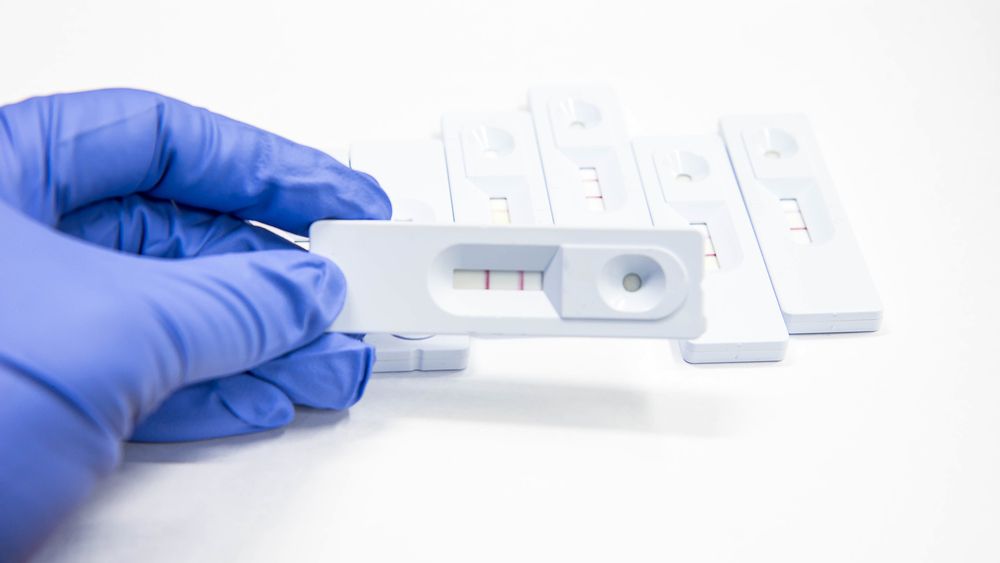Knowing how to stop methamphetamine addiction is a critical piece of information. In no time meth can take over a person’s life. The rate at which it works is higher when you compare it with other substances. This higher reaction rate makes addiction to the substance very easy. Upon addiction, it becomes tough to stop the habit that ensues from its use.
Beyond the rate at which it takes effect, meth also lasts longer in the body. It creates a feeling of euphoria that stays with the patient for long periods. This surreal effect it puts the brain’s pleasure center through can be detrimental. In no time, the brain begins to depend on it for the release of dopamine.
However bad your addiction condition may be, you can overcome it. Though it takes hard work on your part, meth addiction treatment is possible. In this in-depth guide, we explore the various steps to meth addiction recovery. We also take a deep dive into every other thing you need to know about achieving long term sobriety from meth addiction.
What is Meth Addiction and its Symptom?
It seems untrue, but a single use of Meth can result in addiction. That’s how powerful the substance is. Hence, to prevent addiction, the best way is to avoid its use. Meth is an addictive stimulant, and it produces a rush of dopamine in the user. This induced substance results in a feeling of pleasure, motivation, rush for learning, etc.
This advent of dopamine is way more than the brain naturally produces. As a result of this, people find it very difficult to stop using the substance. For most users, the use of the drug persists for days. This translates to the user being ‘high’ all through this time. This results to intolerance, as the person then requires higher doses, in search of satisfaction.
Thanks to the drug being very affordable, addiction comes very quickly. At this point, the individual finds it hard to stay happy without using the substance. Beyond this quest for happiness, other symptoms point out that you are addicted to methamphetamine.
- Hyperactivity
- Paranoia
- Skin sores
- Twitching
- Rapid eye movement
- Agitation
- Erratic sleeping patterns
- Extreme weight loss
- Outbursts or mood swings
- Dilated pupils
- Weight loss
- Rotting teeth
- Burns
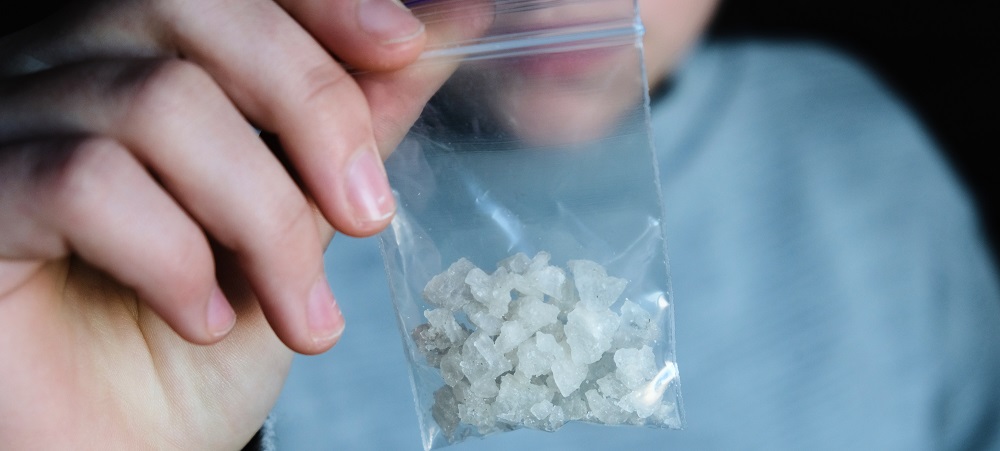
There is no particular order to which you may experience any of these. However, identifying the condition is the first important step to meth addiction treatment in Canada.
What are the Triggers of Meth Addiction?
Your will is also an essential factor in how to stop methamphetamine addiction. Using the drug, just like any other, can result from triggers. Hence, you need to have a will to avoid these triggers. These triggers can be people around you, conditions, environments, or emotional issues. More often than not, it is impossible to avoid these triggers. This is because, most times, daily life factors can be a trigger.
Just about anything can be a trigger for a meth relapse. However, the following are the most common and identified triggers:
- Stress from the job
- Mental health issues
- Problems in relationships
- Isolation
- Paraphernalia
- School issues
- Peer pressure
- Stress from everyday life
These triggers most times, interfere with meth addiction treatment. Hence, as much as possible, during recovery, ensure that you avoid these triggers.
Related article: What Is Methamphetamine Addiction?
Damaging Effects of Using Meth
While researching how to stop methamphetamine addiction, note that its resultant energy surge is false. It gives you a temporary feeling of well-being, causing you to overexert your body. However, the continued use of this drug can result in a sudden crash or breakdown.
The continuous use of methamphetamine reduces the feeling of hunger. This ultimately results in a drastic weight loss. Also, meth can result in the sleep patterns of the individual. Other short-term effects that may result from the use of meth include;
- hyperactivity
- nausea
- irritations
- delusions of power
- aggression
- confusion
- hallucinations
- anxiety
- paranoia
There are also some long-term irreversible effects that meth use can cause. Before getting to this stage, you should figure out how to stop using meth. At these irreversible stages, death can occur if you don’t take care. The long-term effects are;
- Damage to your liver, lung, and kidney
- Damage to the brain, which is similar to Alzheimer’s disease
- Total and irreversible damage to the blood vessels of the brain and heart. This ultimately results in high blood pressure that leads to heart attack and death.
- Destruction of tissues in the nose
- The advent of infectious diseases
- Damage to the respiratory system
- The decay of the tooth
- Confusion
- Depression
- Malnutrition
- Psychosis
As scary as these effects sound, they are imminent for meth addicts. However, just like any other drug out there, there is a recovery process. As stated earlier, the tips for quitting methamphetamine addiction only works with your will. Hence, it would help if you were resolute on your decision to quit.
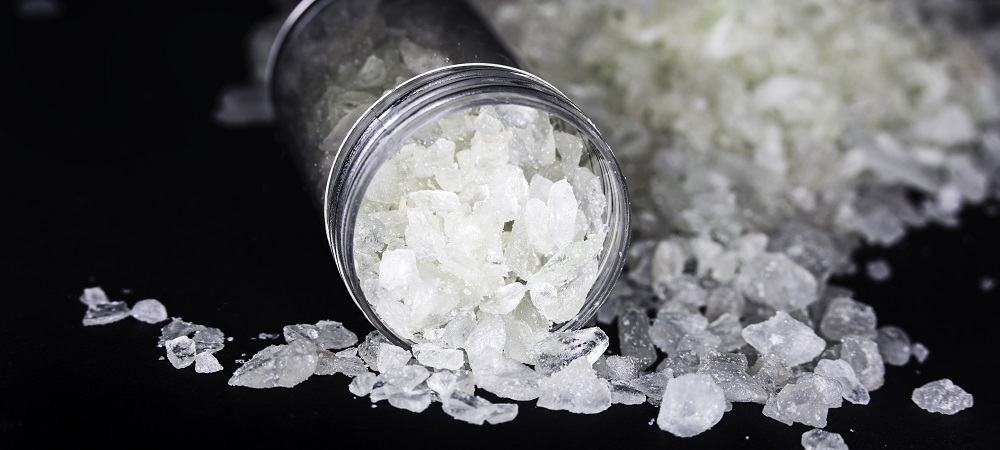
How to Stop Using Meth
Stopping the use of meth is known as withdrawal. It starts once you decide not to indulge in the substance again. There is no unique way to stop using the substance than to stop. However, it is a very uncomfortable process.
In most cases, addicts find themselves relapsing even when they don’t want to. That’s because of the nature of the drug. In this section, we explore everything to know on how to stop methamphetamine addiction.
The timespan of Meth withdrawal
According to experts, there are two significant phases of meth withdrawal. The very first of these stages takes about 24 hours from the moment of withdrawal. This stage is usually between the early 24 hours after using the meth. Once you get through this stage, it becomes less severe with time.
Different factors influence how severe meth withdrawal is. For instance, how long have you been using the substance? How much of it have you used over time? How dependent are you on the substance? The age of the individual also determines how adverse the symptoms will be.
The second stage of withdrawal symptoms lasts for about two to three weeks. In some cases, it can last for months. Withdrawal symptoms that last this long are known as post-acute withdrawal syndrome (PWAS).
Signs and symptoms of Meth withdrawal
Just like any other drug, the body reacts when you withdrawal the substance. These reactions differ in different people. However, some reactions are known to be common to meth withdrawals
- Anxiety: This is the most common reaction from persons going through meth withdrawal. The rates are very high in individuals. This is because of the dependence the body now has on the substance.
- Fatigue: The use of meth will cause you to feel surges of energy. Upon withdrawal, going back to the average energy level makes you very weak. You feel intense fatigue, and you feel like sleeping.
- Depression: Depression is also common for people trying to get off meth. All things being equal, you should stop feeling this after the third week.
- Psychosis: This is also possible, causing you to start seeing, hearing, or feeling things. It also occurs even when using the substance.
- Meth cravings: During withdrawal, you are prone to longing so much for the substance. This craving can seem uncontrollable. This causes most people to relapse.
- Increase in appetite for food: The use of meth always causes anorexia – loss of appetite – in persons. Hence, when you stop using the substance, you start to want more food. This improved appetite may last for up to three weeks.
All these may seem too much, leaving you to wonder how you’ll cope with meth withdrawal.
How to cope with meth removal symptoms
Coping is an essential factor in how to stop methamphetamine addiction. When you get your coping skills right, you can avoid (incessant) relapse. Here are some things you can do to cope
- Exercising: When you exercise, it helps you cope with your anxiety.
- Distract yourself: When you notice that your craving is getting intense, it is best that you find something doing that takes your time and effort.
- Stay clear of triggers: Though this is near impossible, as much as you can, avoid situations that trigger your craving. You may need to change friends or the environment.
- Eat Healthily: Healthy eating is perfect for you at this stage. Withdrawal restores your appetite, so eat well, moderately.

What are the Steps to Meth Addiction Recovery?
The journey on how to stop methamphetamine addiction is not an easy one. It’s a flurry of stages that requires different approaches and individuals. With the help of excellent medical personnel, you’ll be able to scale through.
- Acceptance: This is the most crucial stage for any addiction. You need first to accept that you are addicted.
- Intervention: This is a sensitive stage, and it requires a careful approach from friends and family. This stage is when friends and family try to get you into rehab.
- The Program: There are two types of rehab programs you can take — either the inpatient or the outpatient. But the inpatient option is the best. Here, health professionals can easily control the conditions you are exposed to as you recover.
- Detox: This is the stage where the substance is eradicated from the body.
- Counselling and therapy: Once the removal symptoms are doused, counselling, and therapy sessions help you rest. These sessions focus on coping and how to deal with different trigger situations.
- Support: This is a crucial step in how to stop methamphetamine addiction. This is because it aims to integrate you successfully back into everyday life. It can involve support groups or your friends and family.
FAQs on Meth Addiction
Here are answers to some questions you may have on meth addiction.
What is the effect of using meth and alcohol?
Using both substances separately comes with adverse effects. However, when you use both together, the results can be lethal.
How long does meth stay in the body?
After using meth, its effect can remain in the body for about 24 hours or more.
Can meth kill?
If you take meth at a very high dose, it can lead to high blood pressure and stroke. These can lead to death.
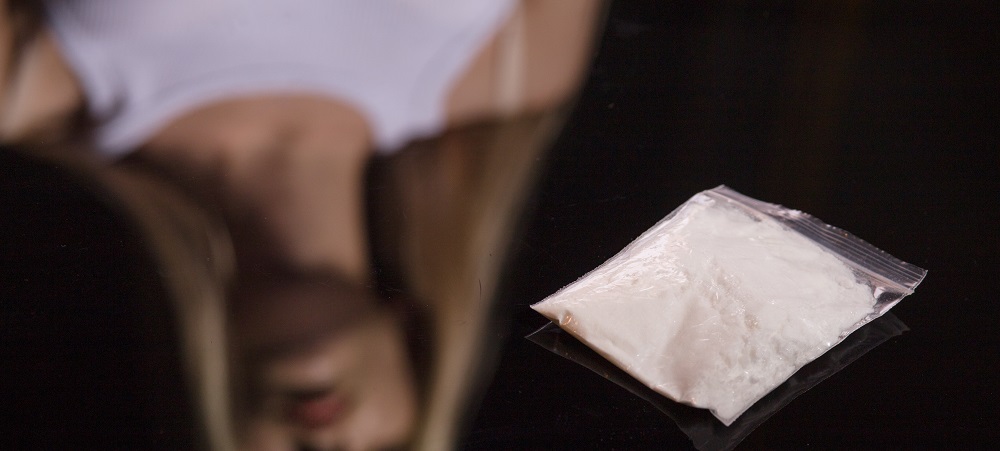
Final Take
There are different types of how to stop methamphetamine addiction. However, the best of them is that you should see a specialist. Once you start with the realization that you need help, seek it. Seeking timely help can help you recover before it gets too late.
Here at 1000 Islands Addiction Rehab & Treatment Centre, we can provide you with the tools and knowledge you need to achieve long term sobriety from meth addiction. Contact us today!
Related article: Methamphetamine Addiction: These 7 Facts Will Help You Quit Using for Good
